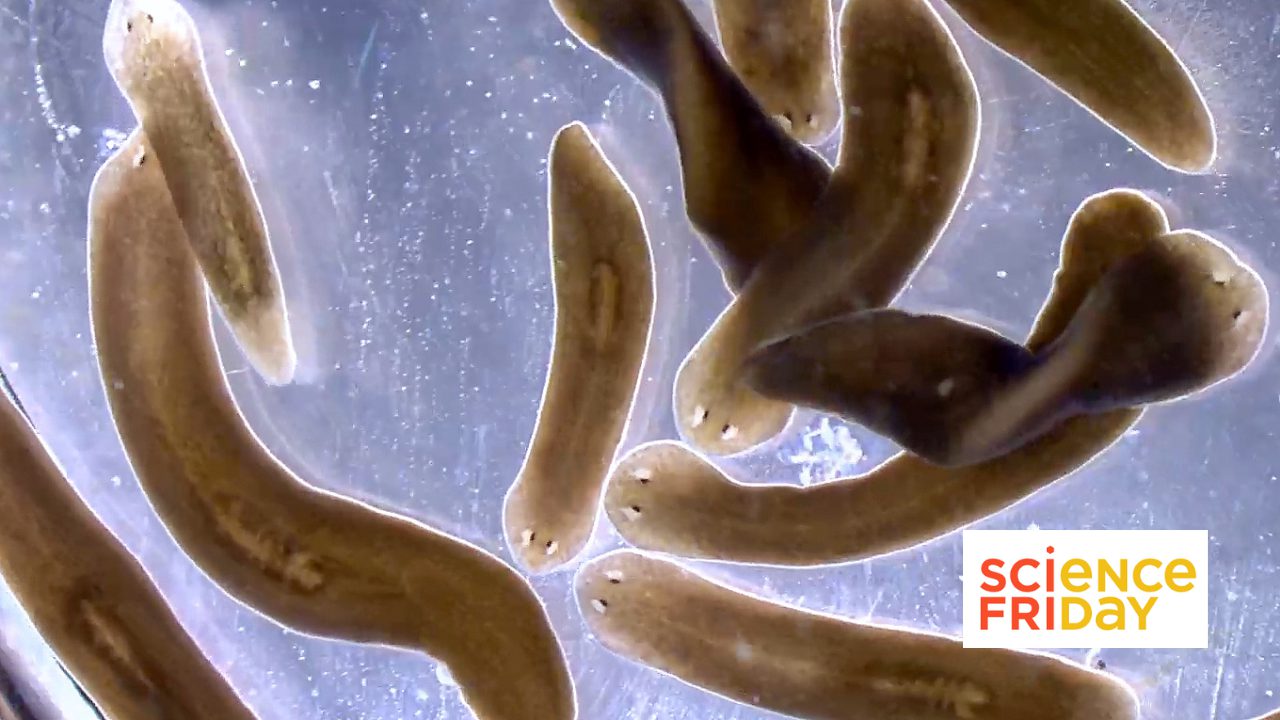In The News

07 January 2026
Investigator Kamena Kostova, named ‘Cell Scientist to Watch’
From the Journal of Cell Science, Investigator Kamena Kostova named a 'Cell Scientist to Watch'
Read Article
News
KANSAS CITY, MO—Understanding how cavefish have adapted to their extreme environments and how their metabolism is different from surface fish may be relevant for understanding metabolism-related conditions in humans. Stowers Assistant Investigator Nicolas Rohner, PhD, and colleagues at Stowers and Harvard Medical School recently published findings in Nature that suggest how cavefish have acquired biological mechanisms to compensate for detrimental effects of high blood sugar levels, which are characteristic of some human metabolic disorders such as diabetes. Read more about these results and their implications for human health in the links below.
Blind and hungry cavefish reveal survival secrets in their genes
Nature Research Highlight, a general audience summary
Mexican cavefish
Nature Podcast including an interview with Nicolas Rohner
The healthy diabetic cavefish conundrum
Nature News and Views, a research summary for non-specialists
Sweet Surprise
Press Release
Insulin resistance in cavefish as an adaptation to a nutrient-limited environment
Nature Letter, the scientific research article
Sugar, Sugar. Why cavefish develop symptoms of diabetes but are not sick
Behind the Paper from Nature Ecology & Evolution
Rohner Lab
Lab website with more cavefish research
In The News

07 January 2026
From the Journal of Cell Science, Investigator Kamena Kostova named a 'Cell Scientist to Watch'
Read Article
#Stowers25: Celebrating 25 Years
06 January 2026
Alejandro Sánchez Alvarado, Ph.D., reflects on a year of discovery, gratitude, and the community that helps support our mission.
Read Article
In The News

01 January 2026
From Science Friday, President and CSO Alejandro Sánchez Alvarado talks about the science of regeneration and the biology lessons we can carry into the new year.
Read Article
